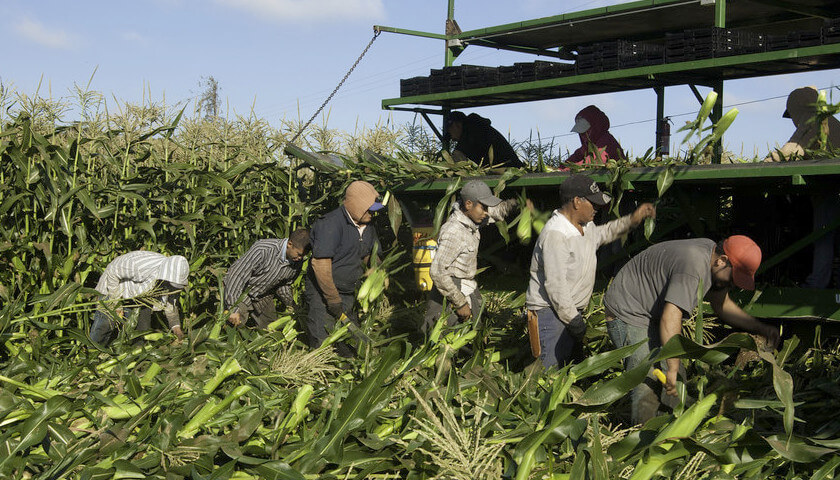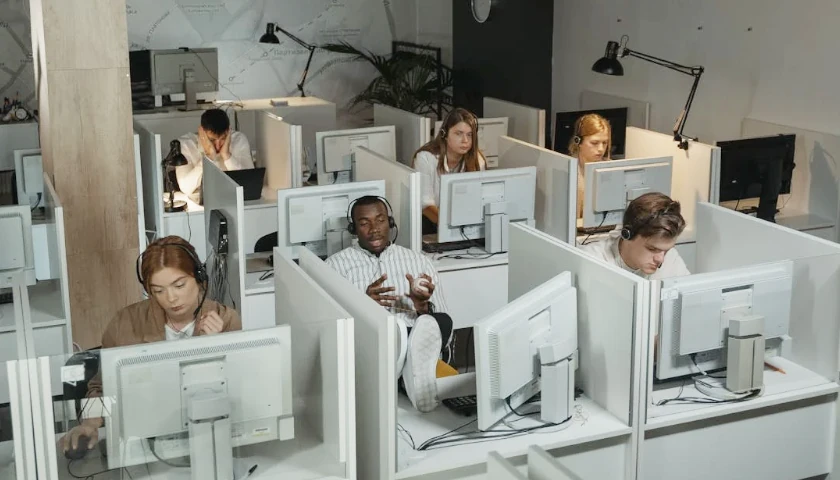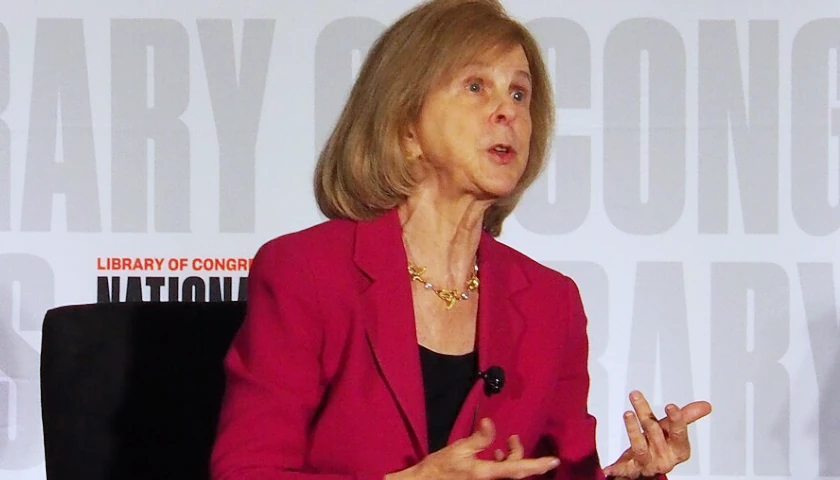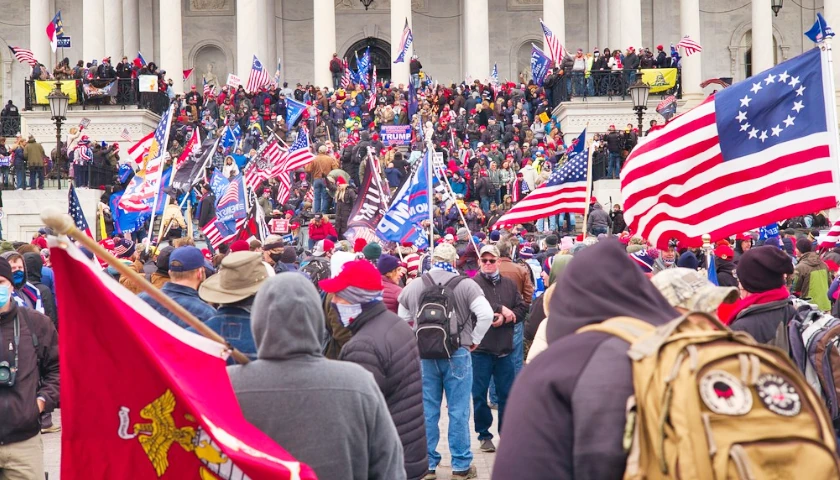by Jason Hopkins
The Department of Homeland Security (DHS) is raising the cap on H-2B visas by 35,000 and pledged to add extra security provisions for the guest worker system.
DHS announced Thursday it’s raising the cap on H-2B visas — which applies to seasonal guest workers — by 35,000 in 2020. While the move placates concerns by the business community, which has lobbied to raise the cap in order to fill vacant jobs, the announcement will irk those who oppose more cheap foreign labor entering the U.S. market.
 “This year’s supplemental allocation was determined after extensive consultation with stakeholders — including members of Congress and the Department of Labor — and is intended to strike a careful balance that benefits American businesses and American workers,” a DHS statement on Thursday read.
“This year’s supplemental allocation was determined after extensive consultation with stakeholders — including members of Congress and the Department of Labor — and is intended to strike a careful balance that benefits American businesses and American workers,” a DHS statement on Thursday read.
Congress has set the annual cap on H-2B visas at 66,000, giving temporary legal status to non-agricultural workers in industries such as service and landscaping. However, DHS is also authorized to raise this cap by as much as 64,000 a year.
While the 35,000 extra visas mark a more than 50% hike from the floor that Congress set, it’s also far from the ceiling that lawmakers afforded the Department.
“The supplemental visas will be made available in two batches to prevent a small handful of employers from using all the visas: 20,000 for start dates beginning April 1, and 15,000 for start dates beginning May 15. Adding a second batch will address specific congressional concerns about late-season filers,” DHS explained.
Of the new H-2B visas to be doled out, there will be 10,000 “specifically designated” for Salvadoran, Honduran and Guatemalan nationals, with DHS noting that this designation is meant to help stem the flow of illegal immigration from those Central American countries.
The Department called on Congress to help fix the integrity for the guest worker system. In the meantime, DHS said it is implementing new measures to prevent fraud.
Reforms to the H-2B system include: matching start dates on an H-2B petition and employers’ state date of need; increased collaboration with the Department of Labor on higher employer site visits; and limiting supplemental visas to workers who are known to abide by U.S. immigration laws.
– – –
Jason Hopkins is a reporter for the Daily Caller News Foundation.
Photo “Farm Workers” by US Department of Agriculture. CC BY 2.0.





